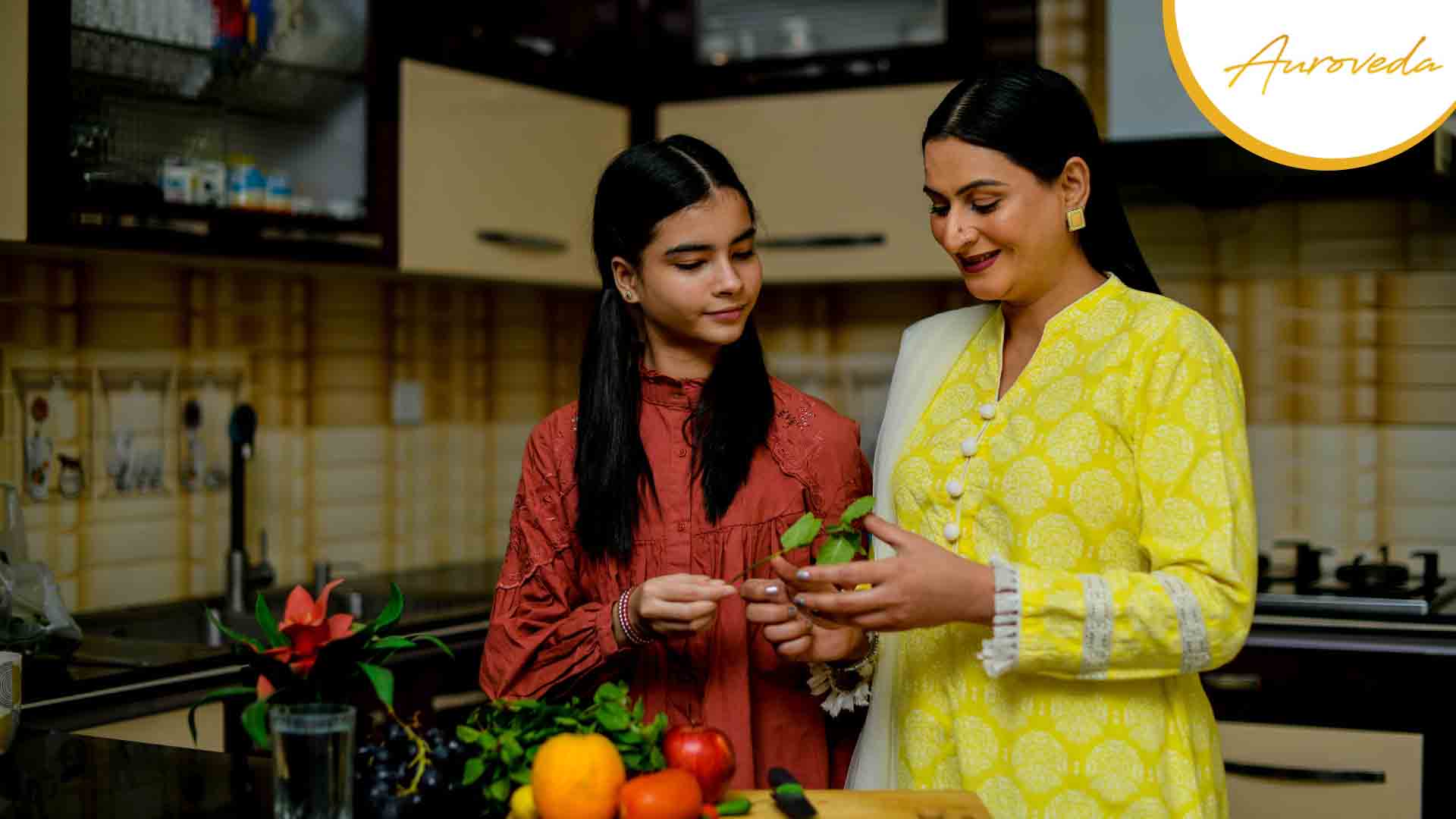Women’s nutrition in India has been a matter of concern for several decades now. Despite significant progress in terms of overall economic growth and poverty reduction, the nutritional status of women in the country remains a significant challenge. This is also due to a lack of women empowerment, especially amongst underprivileged women. According to a report by the Global Nutrition Report 2020, India has the highest burden of malnutrition in the world, with one in every three malnourished children living in the country. In this blog, we will take a closer look at the state of women’s nutrition in India and some of the underlying factors that contribute to this challenge.
Malnutrition is a complex issue that is influenced by a variety of factors, including poverty, poor access to healthcare, inadequate sanitation and hygiene, and gender inequality. In India, these factors are particularly pronounced for women, who often face discrimination and neglect in terms of healthcare and nutrition.
One of the most significant challenges faced by women in India is the lack of access to adequate and nutritious food. Women often have to contend with lower food intake, which can lead to malnutrition and various health problems. This situation is particularly acute for pregnant and lactating women, who require additional nutrients to ensure the health and well-being of their babies. Unfortunately, many women in India are unable to meet these requirements due to financial constraints, limited access to food, and inadequate knowledge of proper nutrition.
Another factor that contributes to the malnutrition of women in India is gender inequality. Women in India often have limited decision-making power in their households, which can make it difficult for them to obtain the food and resources they need to maintain good health. Furthermore, women often have limited access to education and job opportunities, which can limit their earning potential and reduce their ability to purchase food and other essentials.
Poor sanitation and hygiene are also significant contributors to malnutrition among women in India. Open defecation and inadequate sanitation facilities can lead to the spread of disease and infections, which can further exacerbate malnutrition. Women and girls are often disproportionately affected by poor sanitation, as they are more likely to be responsible for household chores and may have limited access to sanitation facilities outside of the home.
Despite these challenges, there are some positive developments in the area of women’s nutrition in India. For example, the government has launched several initiatives aimed at improving nutrition outcomes for women and children. These initiatives include the Integrated Child Development Services (ICDS) program, which provides supplementary nutrition, health check-ups, and referrals to other services to pregnant and lactating women and young children. Additionally, the National Nutrition Mission (NNM) aims to reduce malnutrition in India by 2022 through a multi-sectoral approach that involves several government departments.
There are also several grassroots organizations working to improve nutrition outcomes for women in India. For example, the Hunger Project India works with women’s self-help groups to improve access to food and nutrition education. The Self-Employed Women’s Association (SEWA) provides training and support to women to help them develop their own businesses and increase their earning potential.
The state of women’s nutrition in India is a complex and multi-faceted issue that requires a comprehensive and multi-sectoral approach to address. Improving access to nutritious food, reducing gender inequality, and promoting better sanitation and hygiene practices are all critical components of any effort to improve women’s nutrition outcomes in India. Many NGOs such as Auroveda continue to strive to achieve this. While progress has been made in this area, there is still a long way to go to ensure that all women in India have access to the food, resources, and information they need to maintain good health and well-being.

